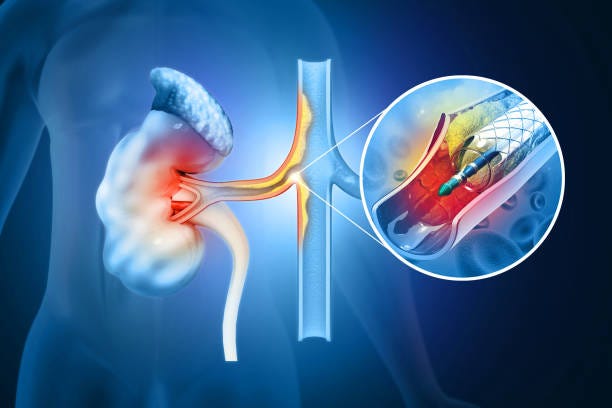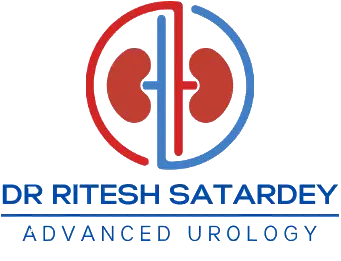Endourology
Overview
Endourology is a branch of urology that uses less intrusive methods to detect and treat diseases of the male reproductive system and urinary tract. In comparison to traditional approaches, it allows for treatments including stone removal, prostate surgery, and tumor management with less pain and a quicker recovery time. It does this by using endoscopic tools to execute procedures through small incisions or natural bodily holes.
What are the types of Endourology?
Endourology includes a variety of methods and approaches, each designed to treat certain diseases. Among the primary types are:

Symptoms
The medical specialty of endourology is symptomless in and of itself. But endourology treats illnesses that can cause symptoms. The following list of typical symptoms is linked to illnesses that endourology treats:
Kidney stones: excruciating side or back pain, pain when urinating, blood in the urine, frequent urination, nausea, and vomiting.
Benign Prostatic Hyperplasia (BPH) is characterized by weak urine flow, difficulty initiating urination, frequent urination, particularly at night, and the feeling that the bladder is not completely emptied.
Urinating frequently, painfully, or with blood in the urine, along with lower abdomen pain, are symptoms of bladder tumors.
Urinary Tract Obstructions include back or lower abdominal pain, recurrent UTIs, and altered urine flow.

